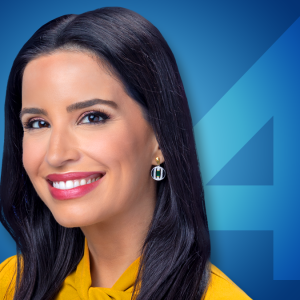MADISON — It is Native American Heritage Month. According to the U.S. Census, there are more than 51,000 people who identify as Native American in Wisconsin.
Two UW-Madison professors are spotlighting what they call ‘Indigenous Activism.’ The professors spoke about issues the Native American community have been addressing, both past and present.
The fight for the rights of Indigenous Nations and their people was spotlighted at the 2021 UW-Madison Diversity Forum.
Professor Sasha Suarez described shocking stereotypes heard by Native Americans who applied for jobs in recent past — right here in the Midwest. She uncovered those reports during research for her doctorate degree, “Multiple bosses didn’t want to hire and fire [Native Americans] because they were ‘flighty’ and ‘drunk.’”
We asked her how she felt when she discovered that. She replied, “It wasn’t unexpected, but it was hard to read.”
Her colleague Kasey Keeler highlighted the struggle for affordable housing, even after World War II, “For the native veterans where applying for the G.I. Bill — a lot of them were shot down because of racism.”
Professor Keeler says many Native American Veterans were told they qualified for a flawed relocation program, “Relocation is really known for bringing native people into urban centers and putting them in rental housing units that were very often substandard.”
Professor Suarez says that discrimination created a ripple effect that did not stop, even for renters.
They both believe the work of tribal nations here in Wisconsin is forcing us to reconsider what activism looks like today. In many ways it's rebuilding from the ground up all over again.
“Women are considered the backbone of communities and societies of tribal nations,” said Suarez.
Keeler pointed to the Menominee Nation as an example. Leaders worked on their own with a non-profit to buy back land in northeastern Wisconsin to build tiny homes for those who need transitional housing, “They have access to cultural programs, guidance language programs, and really kind of these wrap around services that these folks need in order to be successful long term.”
Not everybody lives on a reservation, highlighting the need for equal access everywhere. Keeler reported, “We know that over 70 percent of people live outside of reservation communities.”
Both of these professors agree that the work for equality and independence is far from over.
Nationally, the U.S. Census reports nearly 2.8 million people across the country identify as Native American. That is less than one-percent of our current population.




